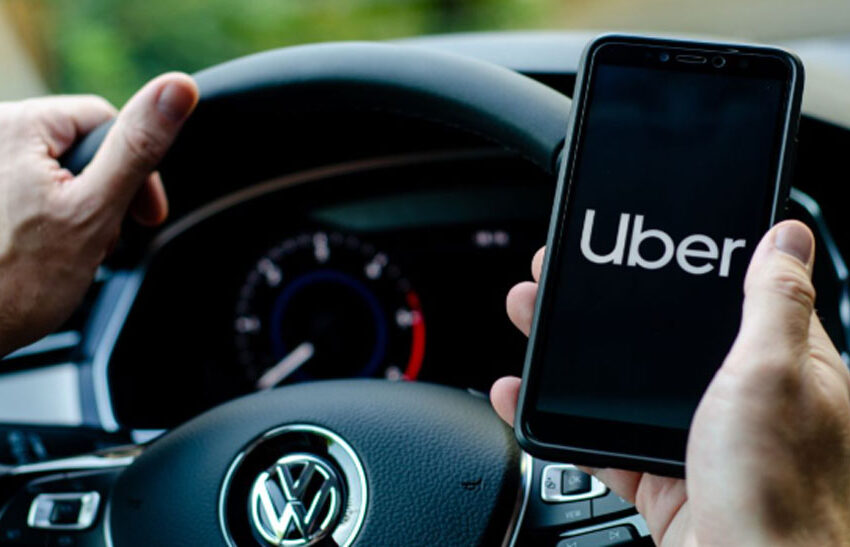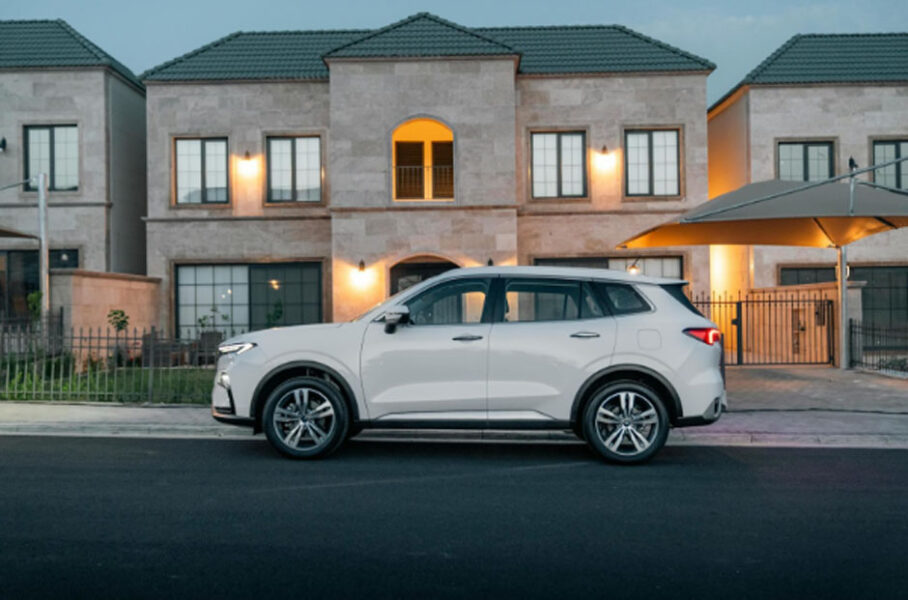How Uber Driver Claims Differ from Regular Car Insurance?

Because taxi drivers need specific coverage to handle the particular hazards connected with their line of work, Uber motorist claims are different from those for standard automobile coverage. Events that take place when an automobile is being used for business, such as carrying passengers for hire, are frequently not covered by standard auto insurance coverage. For security throughout active journeys and while awaiting ride demands, Uber drivers usually depend on rideshare insurance, which combines personal and business insurance. This guarantees full coverage for obligations relating to passengers as well as individual belongings. To guarantee proper reimbursement, it is crucial to include ridesharing usage when submitting a claim for Uber driver.
Personal Vs Commercial Use
Standard auto insurance plans are intended solely for individual usage. Your car is utilised for business reasons while you drive for Uber, which is prohibited by many private policies. For Uber’s policies or insurance for ridesharing to cover the business operation, claims originating throughout Uber rides must be covered.
Requirements for Rideshare Insurance
Uber drivers require rideshare insurance or a business add-on to function lawfully. This specific covering fills up the gaps between Uber’s security and individual insurance policies. Without it, the driver may be held financially responsible if a claim made while participating in ridesharing is rejected.
Coverage for Limited Liability
Uber’s protection normally provides only modest liability coverage throughout Phase 1, which is frequently insufficient to cover substantial losses or expenses related to healthcare. To make up the difference, drivers must rely on their insurance or extra ridesharing coverage.
Increased Deductibles
Compared to standard automobile coverage, Uber’s insurance packages frequently have higher deductibles for riders. For example, the driver may have to pay $1,000 or higher deductibles before Uber’s comprehensive and collision coverage begins.
Claim Refusals Due to Nondisclosure
Claims may be denied if you don’t notify your insurance company that you are employing your vehicle for Uber. Without specifically mentioned, ridesharing is not covered by standard auto insurance. Being truthful concerning your transportation style is crucial to preventing issues.
Not Including Personal Property
Personal possessions are not covered by Uber’s insurance, which normally covers liability, collision, and comprehensive claims. Goods in your car may be covered by your typical auto insurance in the event of an accident, but claims as an Uber driver necessitate specific personal property coverage.
Liabilities Associated with Passengers
You are in charge of your client’s well-being as an Uber driver. Regular auto insurance fails to include responsibility for passenger wounds, but Uber’s insurance does. Passenger-related claims introduce still another level of difficulty.
Procedure for Reporting Incidents
Simultaneous reporting is frequently required when submitting a claim as an Uber driver: one to the insurance company and one to Uber. Guarantee that claims get processed accurately, this can take additional time and calls for excellent interaction.
Uber Driver Claim Needs Documentation
It is essential to have thorough documentation when submitting an Uber driver claim. This contains information on the trip, the app’s condition at the moment of the collision, damage images, police records, and observer or passenger remarks. The more straightforward procedure of submitting a standard auto insurance claim may not require the same level of verification.
App-Off Periods Are Not Covered
Personal driving is covered by standard auto insurance, however not when using the Uber app. The complaint would be handled following ordinary individual insurance procedures if a mishap happened when the app was not in use. However, if the status of the app isn’t made clear, uncertainty may occur.
Effects on Premiums
The cost of your insurance may change if you use your vehicle for Uber. If basic auto insurance permits ridesharing, expenses may go up. However, rideshare insurance organisations base their rates on the vehicle’s dual use, which could result in higher claims costs.
Final Words:
The business aspect of ridesharing is the main reason why Uber driver disputes are different from traditional auto insurance disputes in numerous manners. The variations are substantial, ranging from phase-based coverage and higher deductibles to the requirement for rideshare protection. By being aware of these subtleties, taxi drivers can ensure they have the right insurance to safeguard both themselves and their passengers in the case of an incident.





